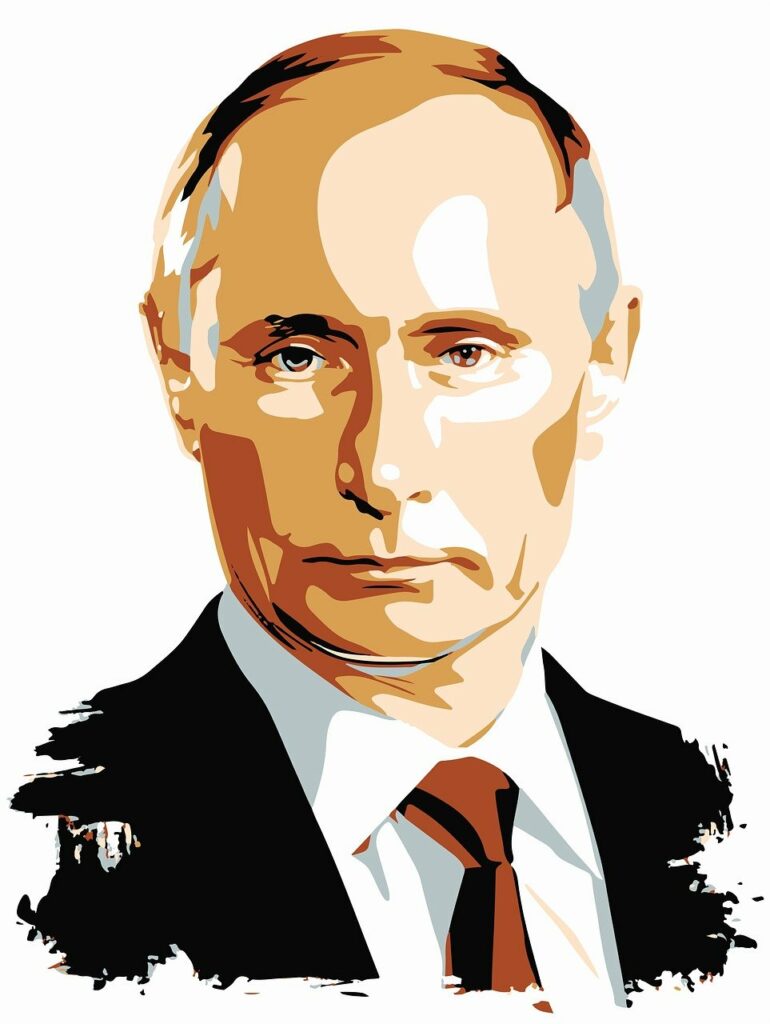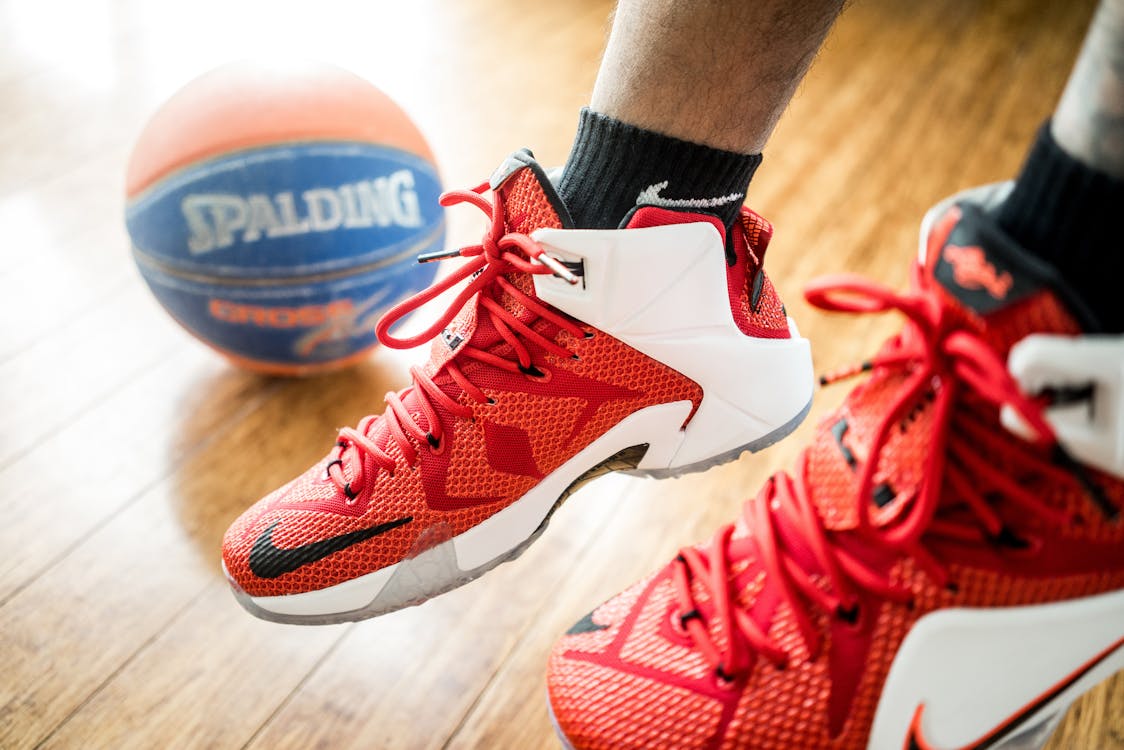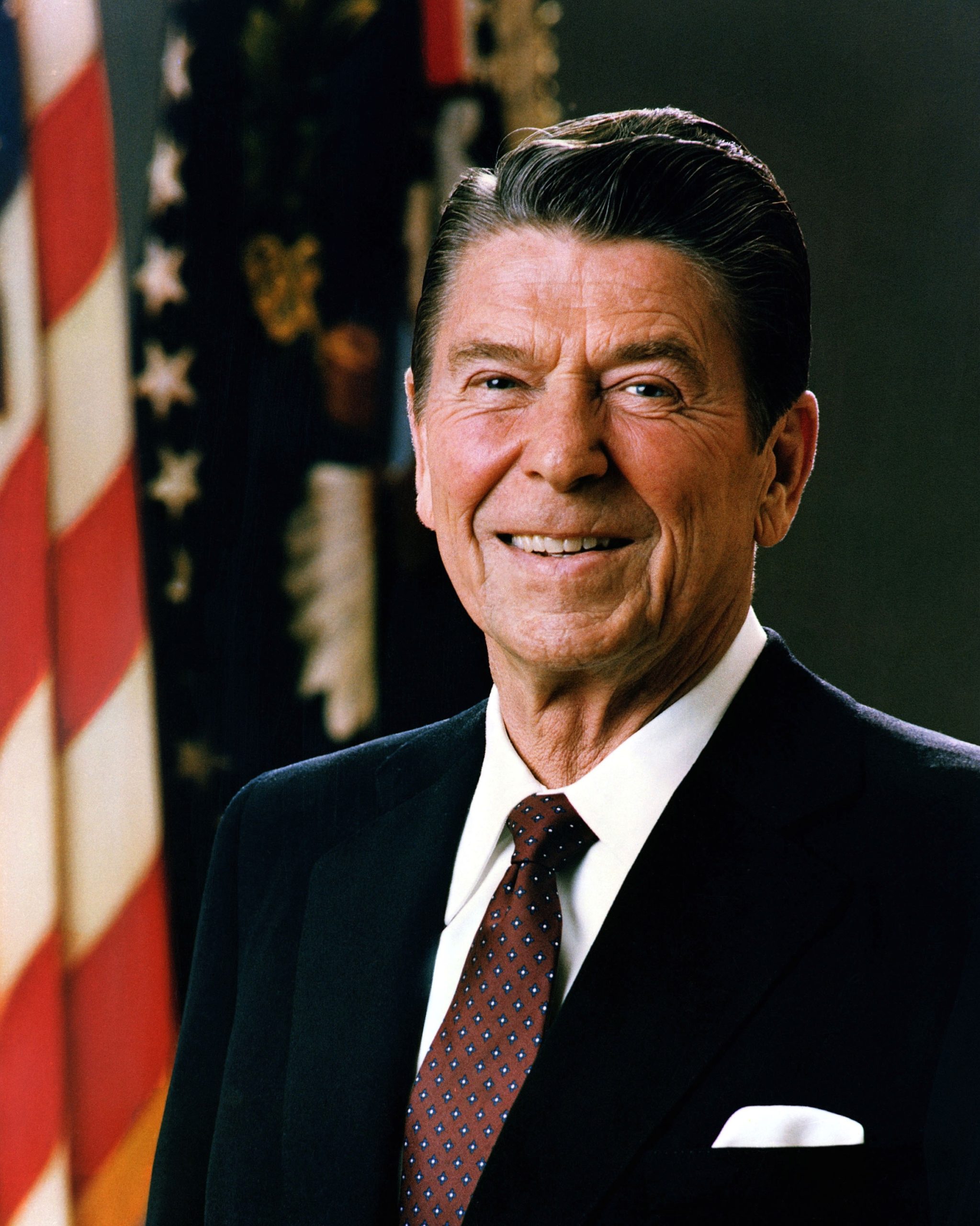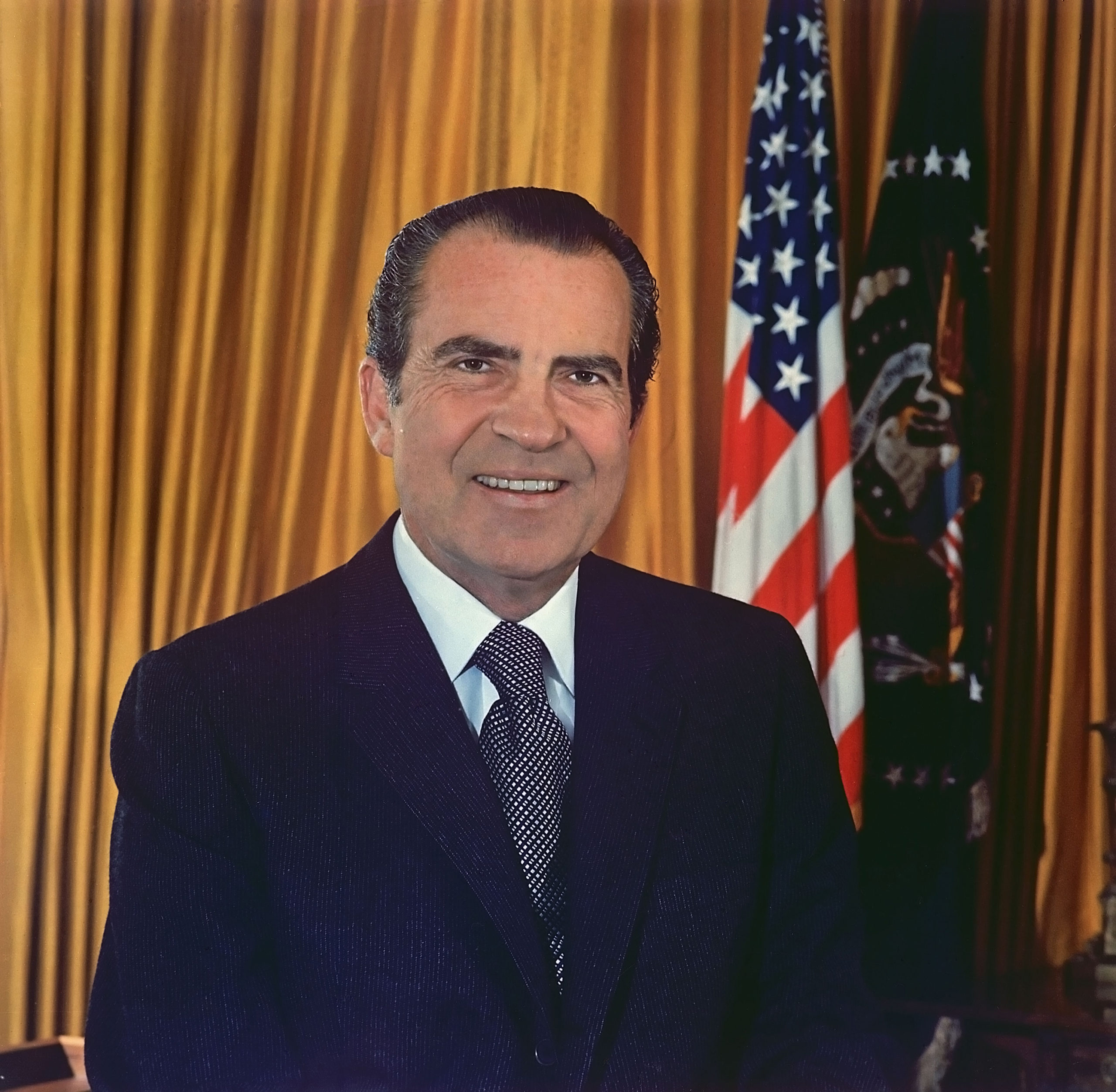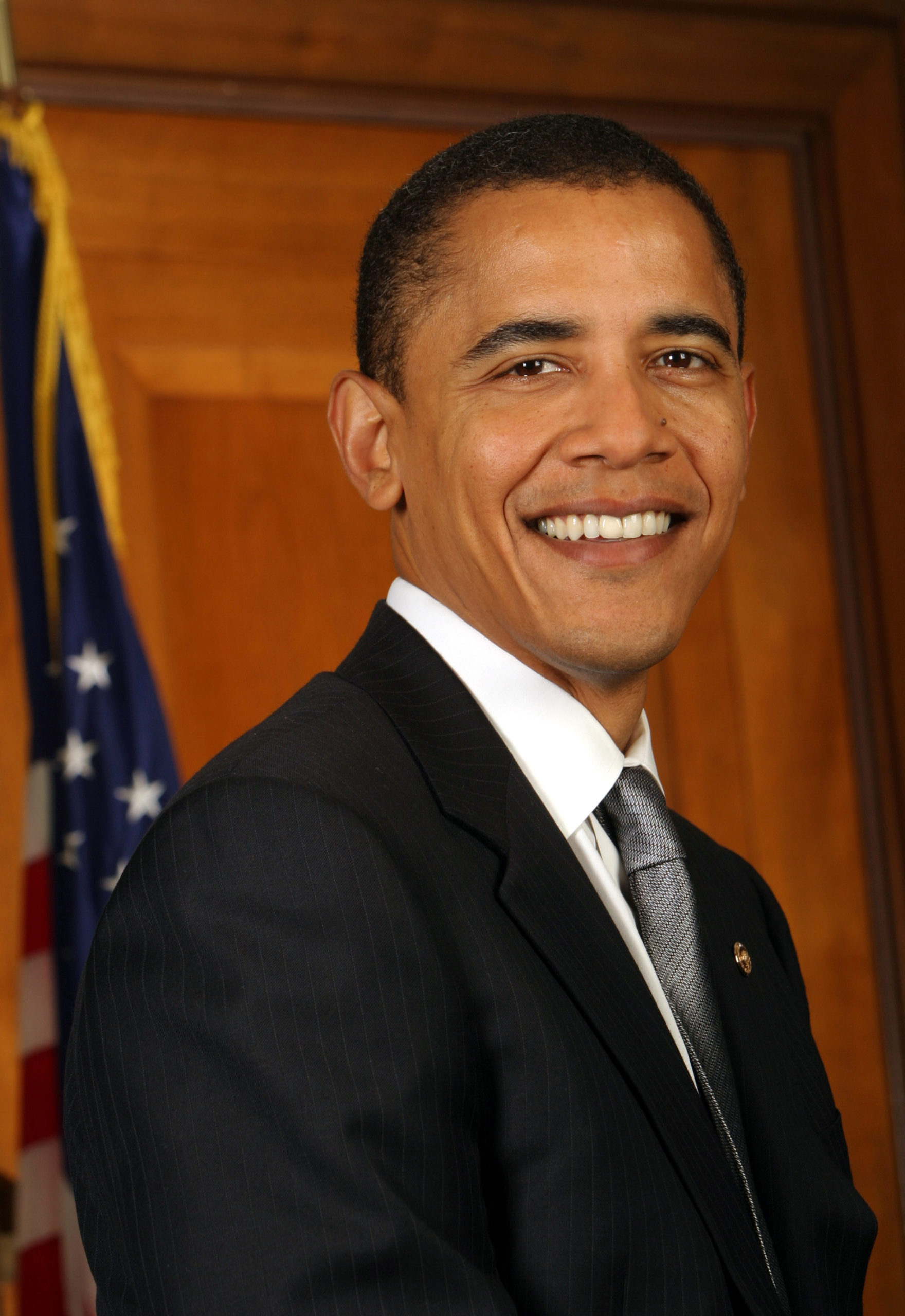Vladimir Putin is a Russian politician and former intelligence officer, currently serving as the president of Russia. He was born on October 7, 1952, in Leningrad, Soviet Union (now Saint Petersburg, Russia). Putin has held various political positions since 1999, serving as prime minister and president of Russia.
Before entering politics, Putin worked as a foreign intelligence officer for the KGB, the Soviet Union’s security agency, for 16 years. He rose to the rank of lieutenant colonel before resigning in 1991 to pursue a political career in Saint Petersburg. In 1996, Putin moved to Moscow to join the administration of President Boris Yeltsin. He briefly served as the director of the Federal Security Service (FSB) and secretary of the Security Council of Russia before being appointed prime minister in 1999.
Following Yeltsin’s resignation, Putin became the acting president and was elected to his first term as president less than four months later in 2000. He was reelected in 2004 but was constitutionally limited to two consecutive terms. Therefore, he served as prime minister from 2008 to 2012 under Dmitry Medvedev. Putin returned to the presidency in 2012 after winning the election, which was marred by allegations of fraud and protests. He was reelected for a fourth term in 2018. In April 2021, a constitutional amendment was passed that could potentially allow Putin to run for reelection twice more, potentially extending his presidency to 2036.
During Putin’s first tenure as president, the Russian economy experienced significant growth, averaging seven percent per year. This growth was attributed to economic reforms and a substantial increase in oil and gas prices. Putin also led Russia in a war against Chechen separatists, reestablishing federal control in the region.
As prime minister under Medvedev, Putin oversaw a war against Georgia and implemented military and police reforms. During his third term as president, Russia annexed Crimea and sponsored a war in eastern Ukraine, resulting in international sanctions and a financial crisis in Russia. Putin also ordered a military intervention in Syria to support Russian ally Bashar al-Assad in the Syrian civil war, securing permanent naval bases in the Eastern Mediterranean.
In February 2022, Putin launched a large-scale invasion of Ukraine, which drew international condemnation and led to expanded sanctions against Russia. He later forcibly annexed four Ukrainian oblasts into Russia. In March 2023, the International Criminal Court issued an arrest warrant for Putin for war crimes related to his alleged responsibility for illegal child abductions during the war.
Throughout his leadership, Putin has faced criticism for democratic backsliding and a shift towards authoritarianism in Russia. His rule has been marked by corruption, human rights violations, the imprisonment of political opponents, suppression of independent media, and lack of free and fair elections. Russia under Putin has consistently scored poorly on international indices measuring corruption, democracy, press freedom, and human rights.
Read also: Eliud Kipchoge biography; Age, family, training, education, medals, INEOS and quotes
Putin is currently the longest-serving Russian president and the second-longest-serving European president, after Alexander Lukashenko of Belarus.
EDUCATION
In terms of his education, Putin studied law at Leningrad State University (now Saint Petersburg State University) and graduated in 1975. He joined the Communist Party of the Soviet Union (CPSU) while in university. Putin later received a Ph.D. in economics from the Saint Petersburg Mining University in 1997.
Before his political career, Putin worked for the KGB and received training at various KGB schools. He served in the Second Chief Directorate, responsible for counterintelligence, before being transferred to the First Chief Directorate, where he monitored foreigners and consular officials. Putin underwent further training at the Yuri Andropov Red Banner Institute in Moscow.
During his time with the KGB, there have been reports suggesting that Putin was sent to New Zealand, serving undercover as a Bata shoe salesman. From 1985 to 1990, he was stationed in Dresden, East Germany, using a cover identity as a translator. Putin’s work in Dresden involved liaising with the Stasi, the East German secret police. Reports have indicated that he may have been involved in coordinating support for the terrorist Red Army Faction. However, some of these claims have been disputed, and the exact details of Putin’s activities during his time with the KGB remain unclear.
Putin resigned from active KGB service in 1991, returning to Leningrad where he worked with the International Affairs section of Leningrad State University. He also reconnected with Anatoly Sobchak, his former professor, who would later become the Mayor of Leningrad and have a significant influence on Putin’s political career.
Vladimir Putin’s political career has been eventful and has shaped the trajectory of Russia both domestically and on the global stage.

